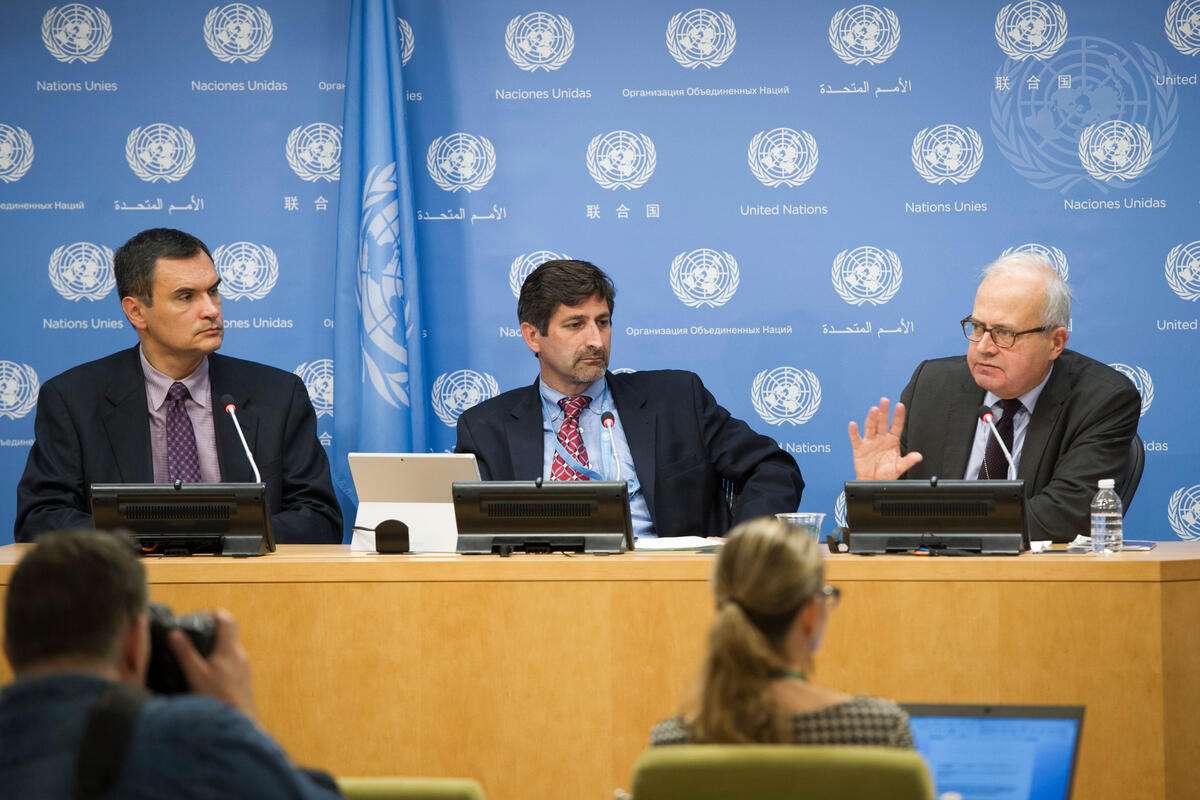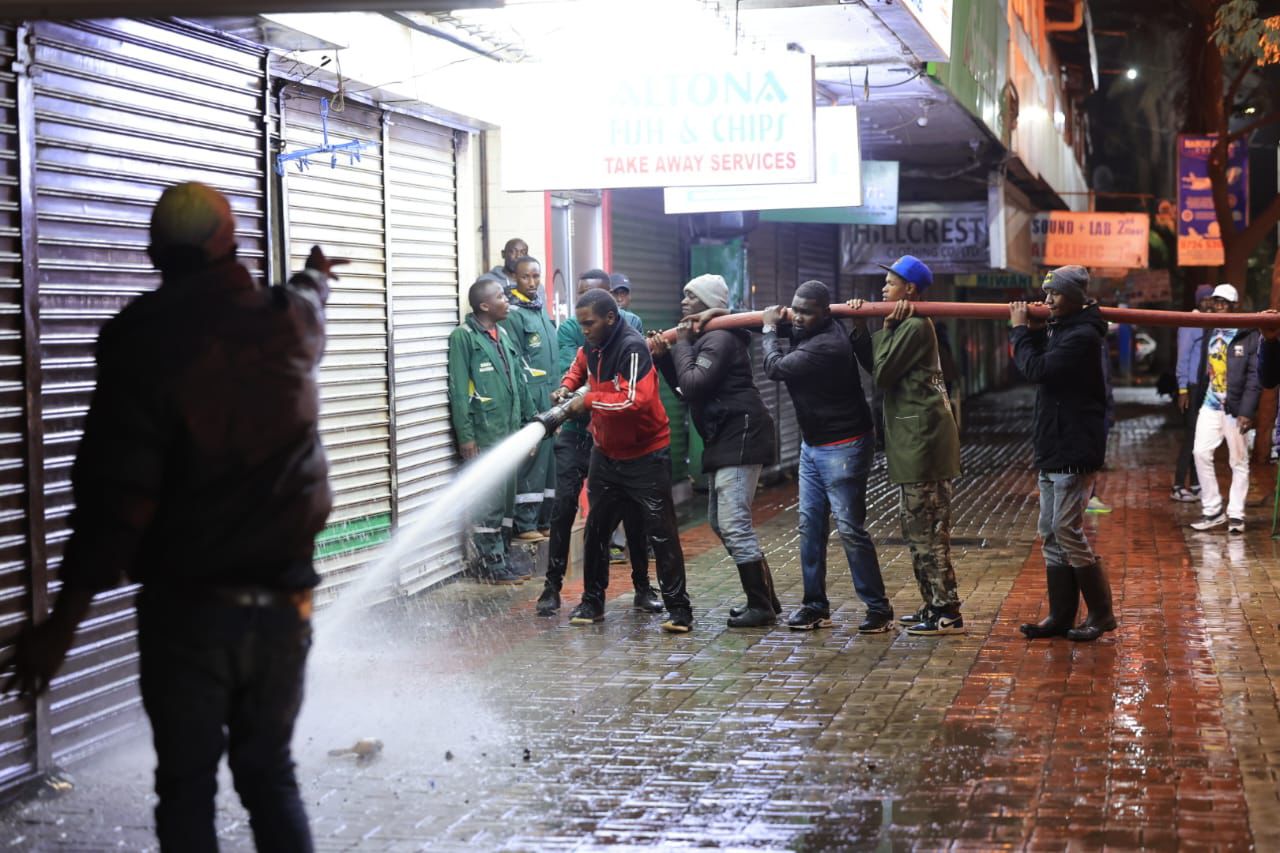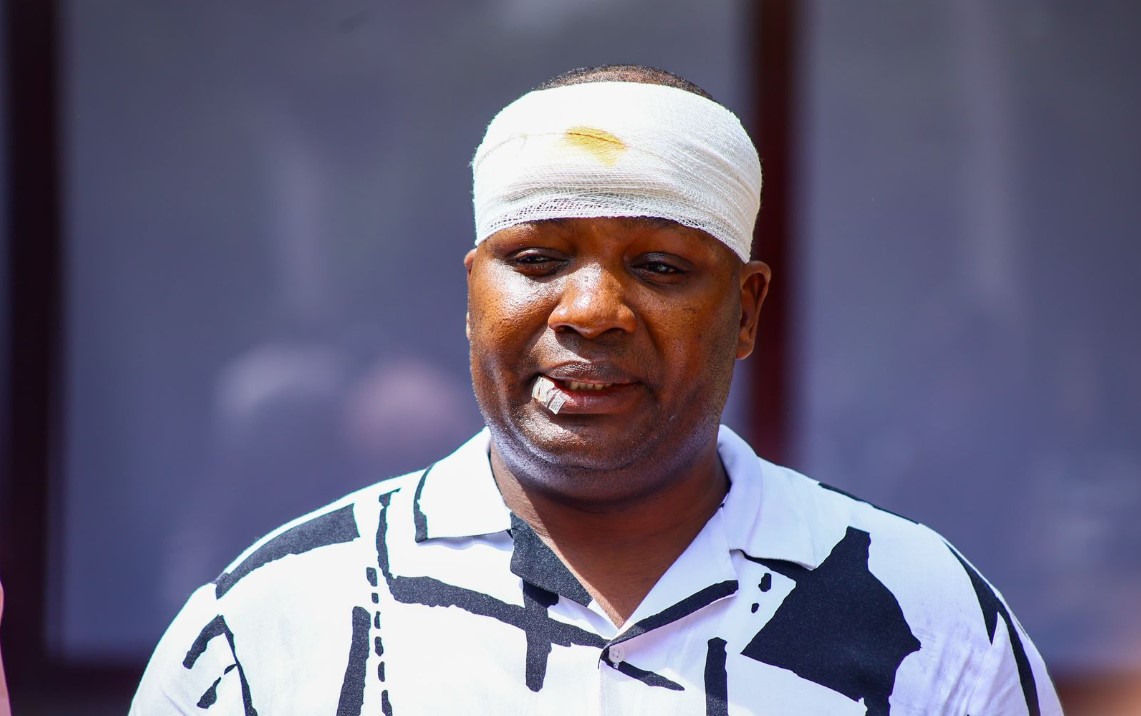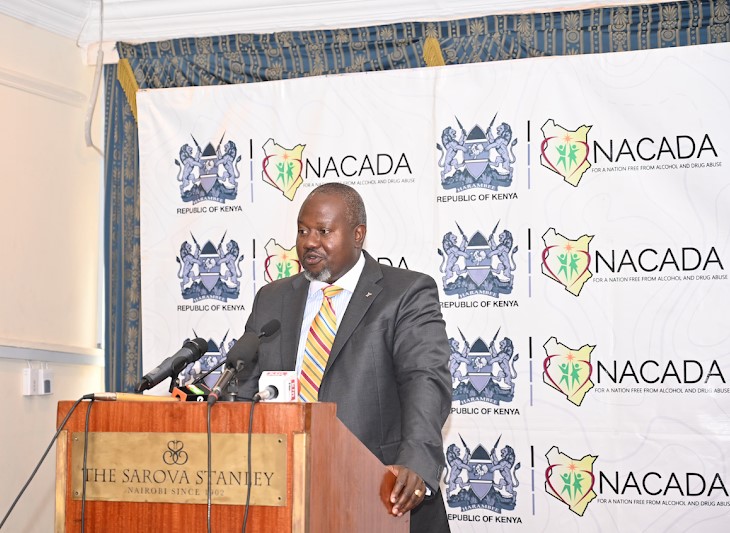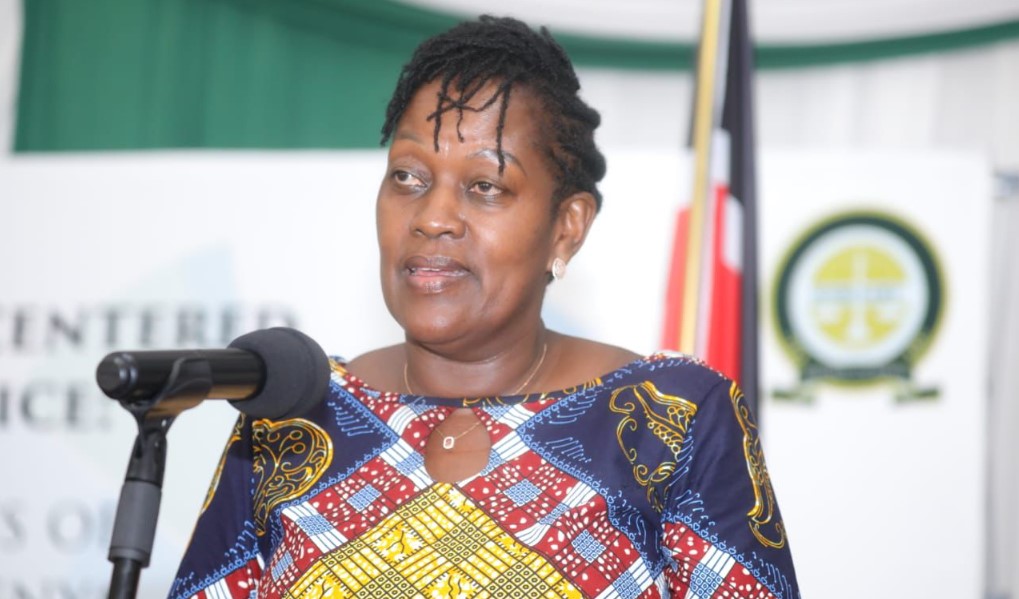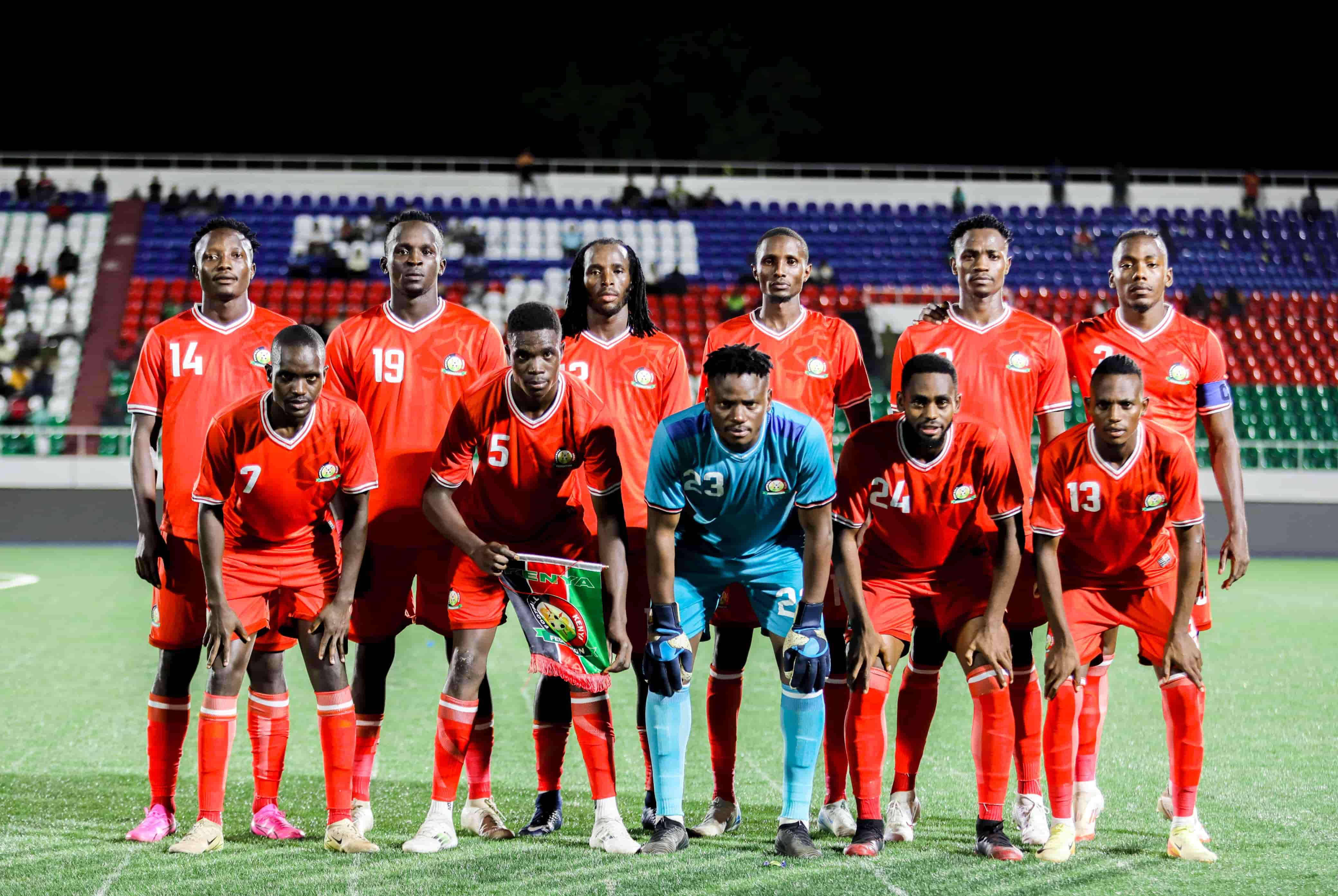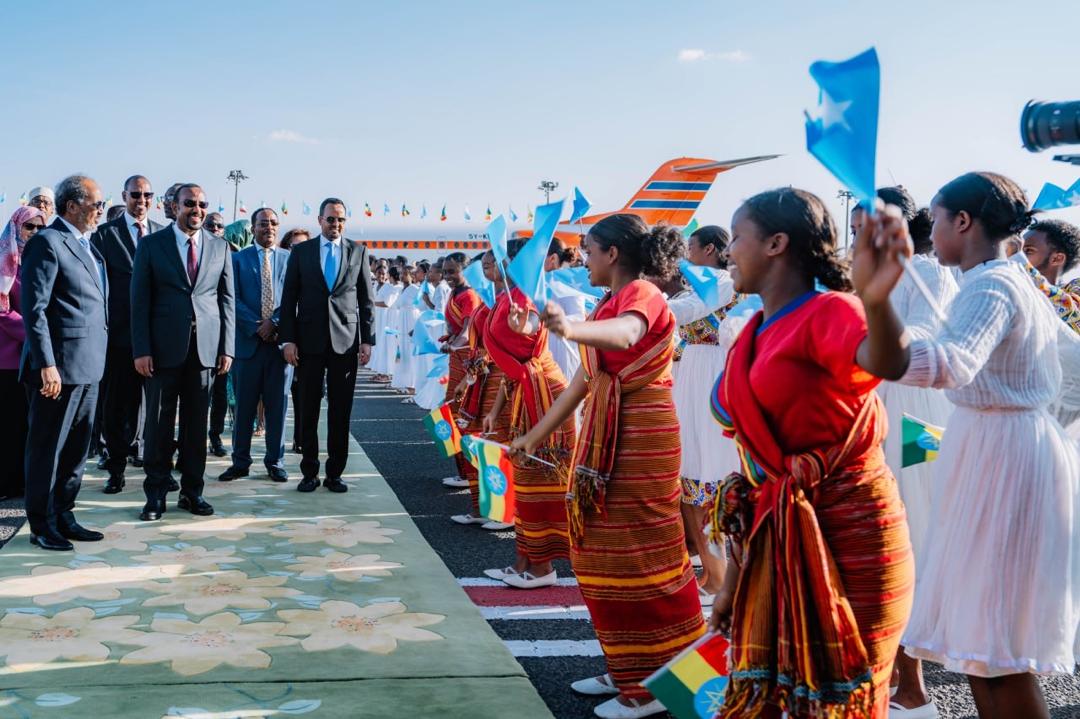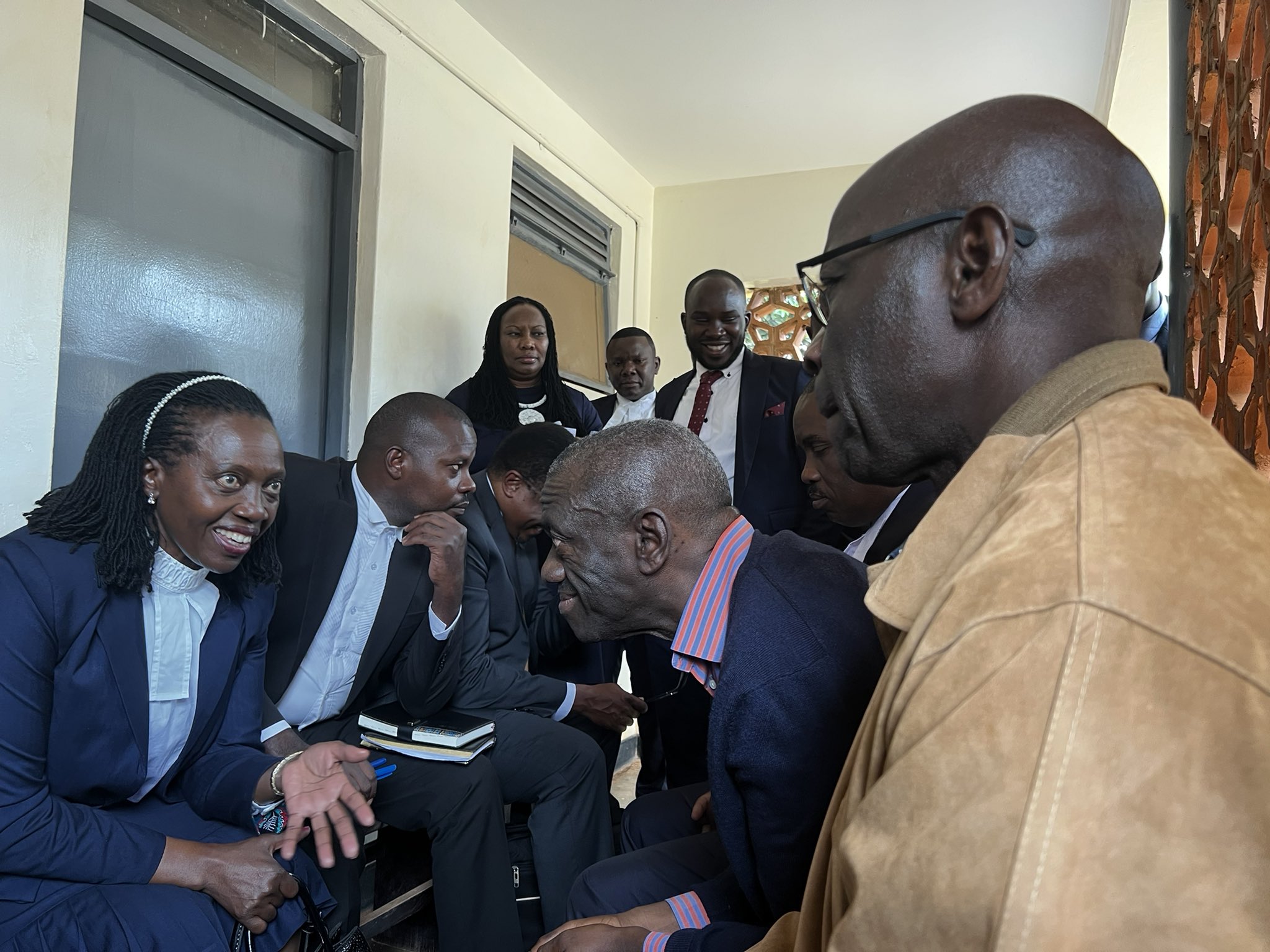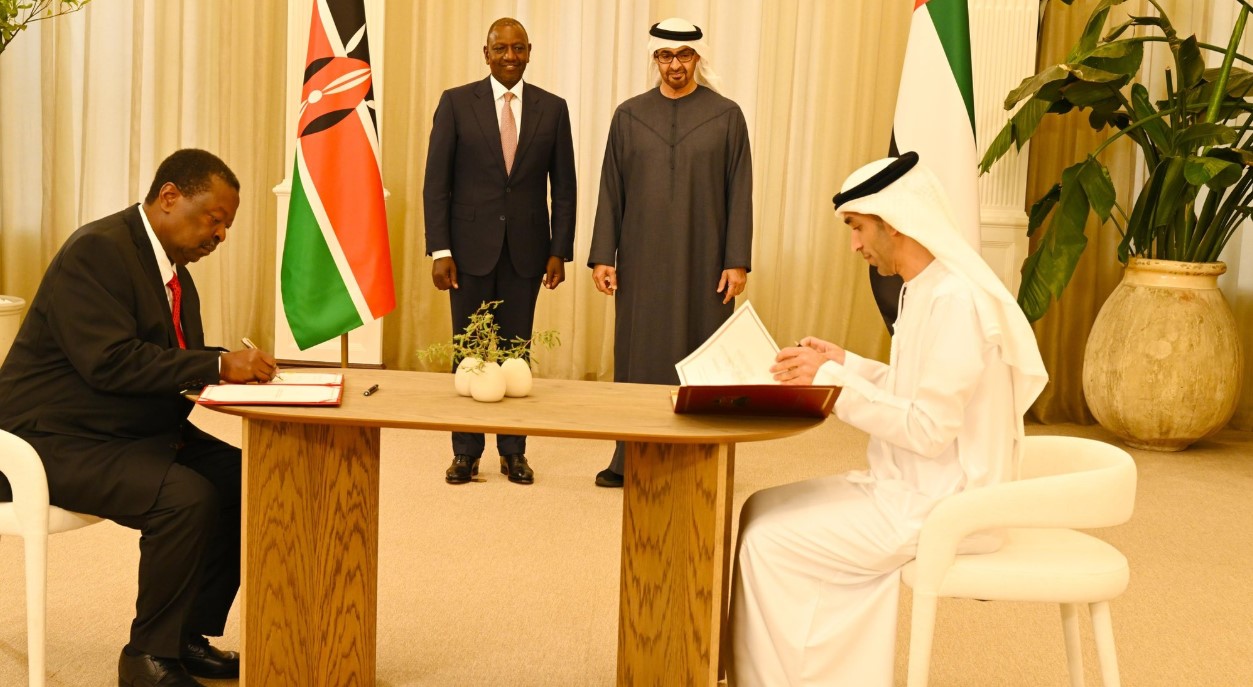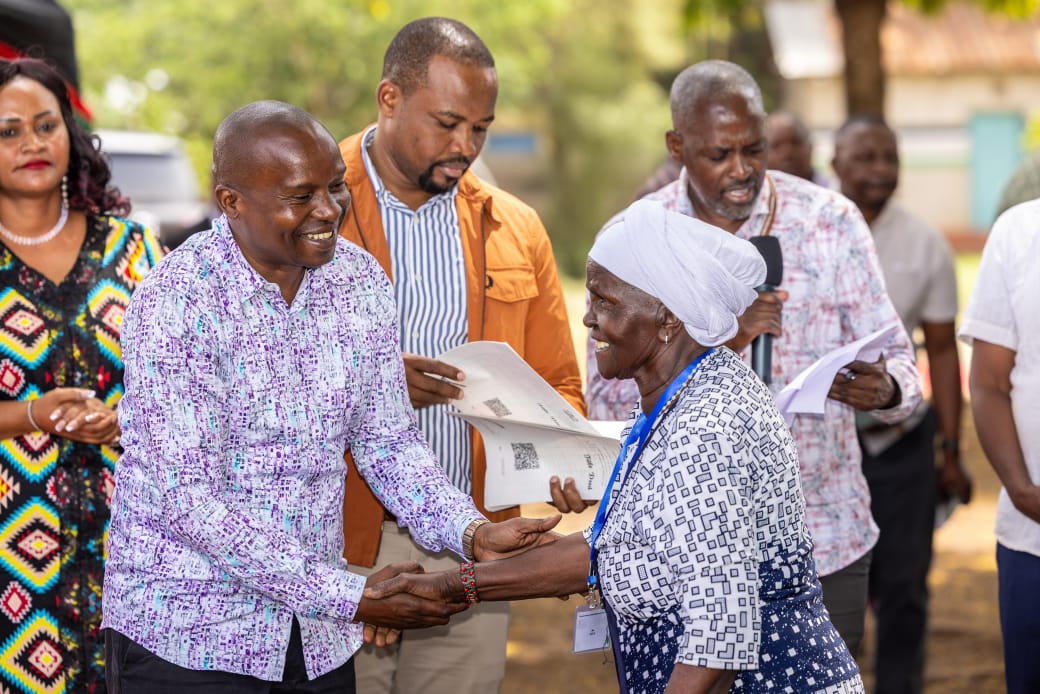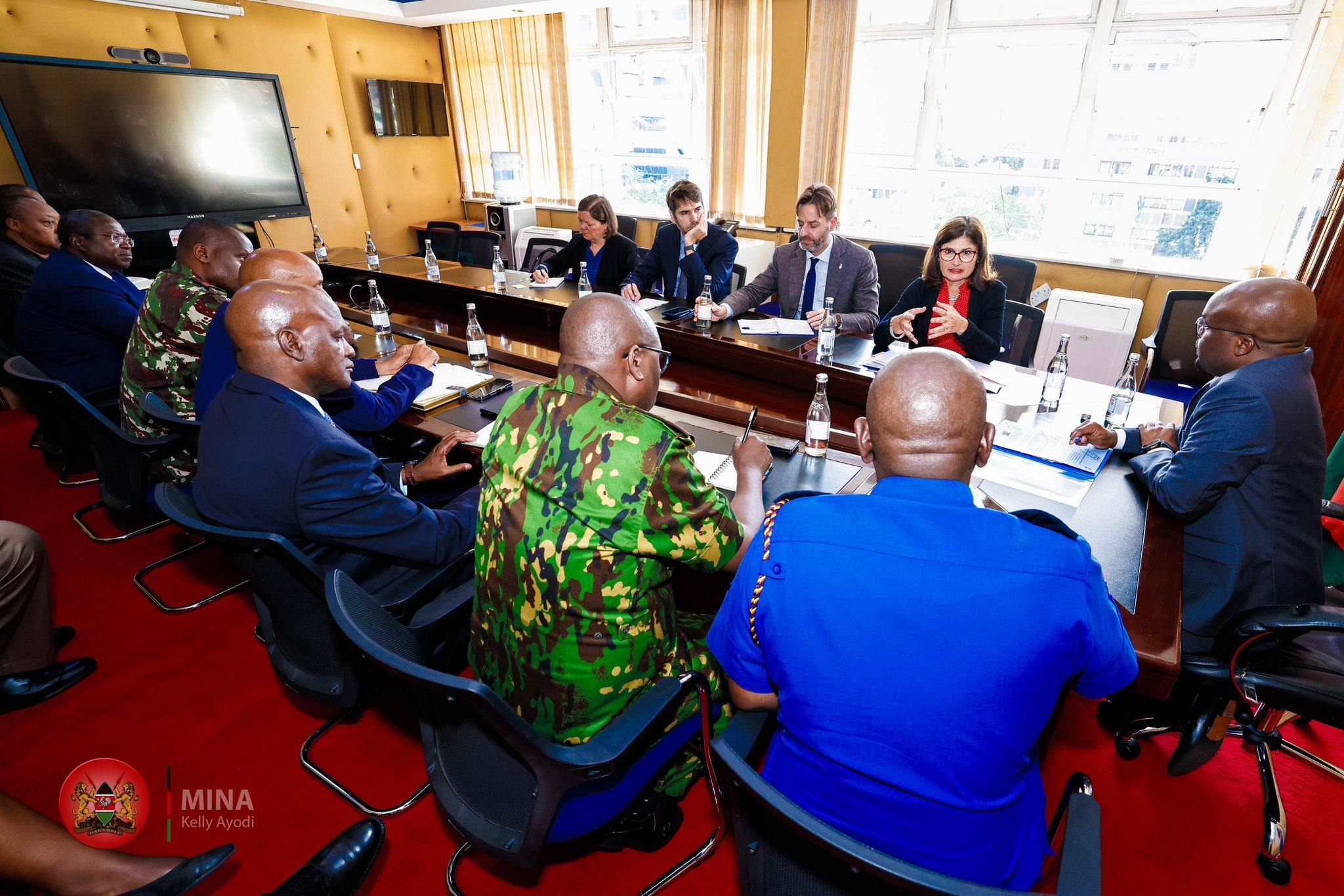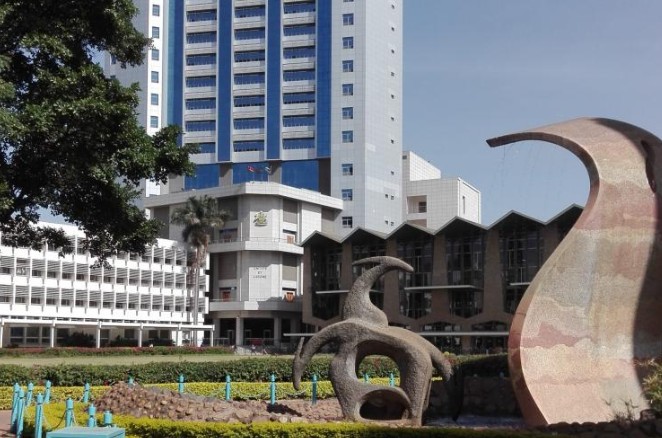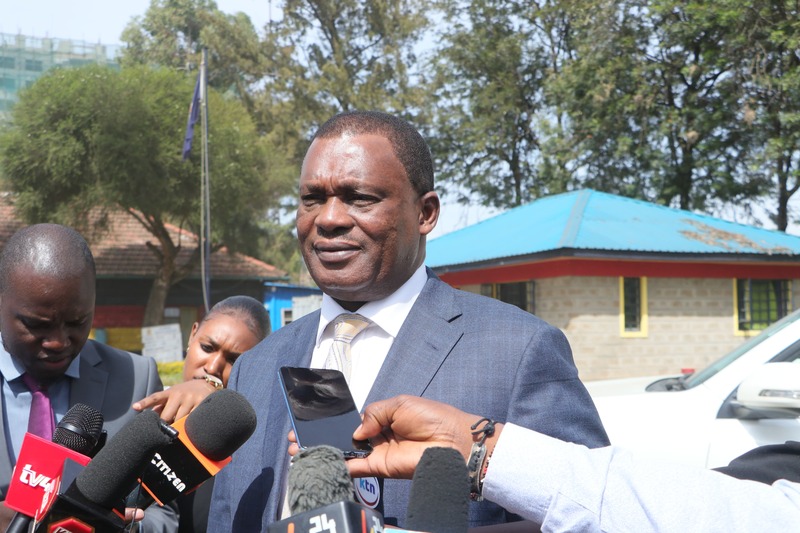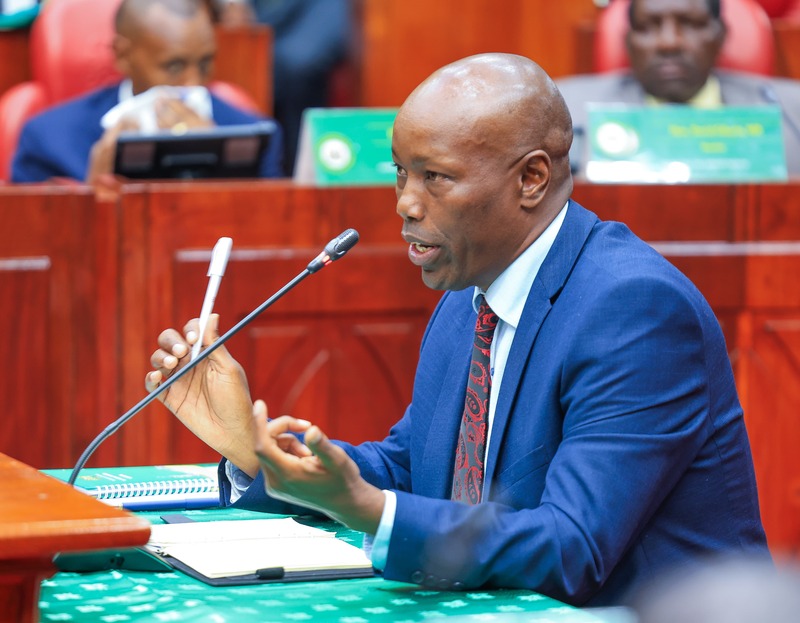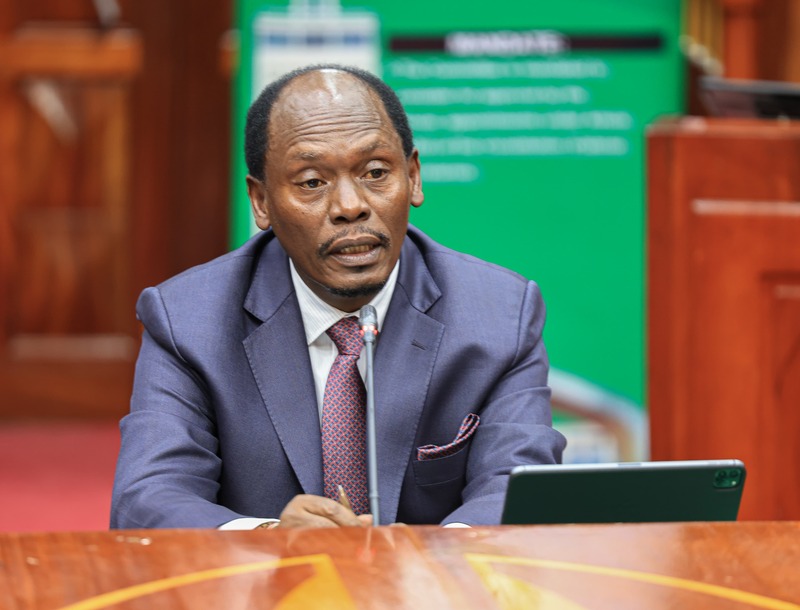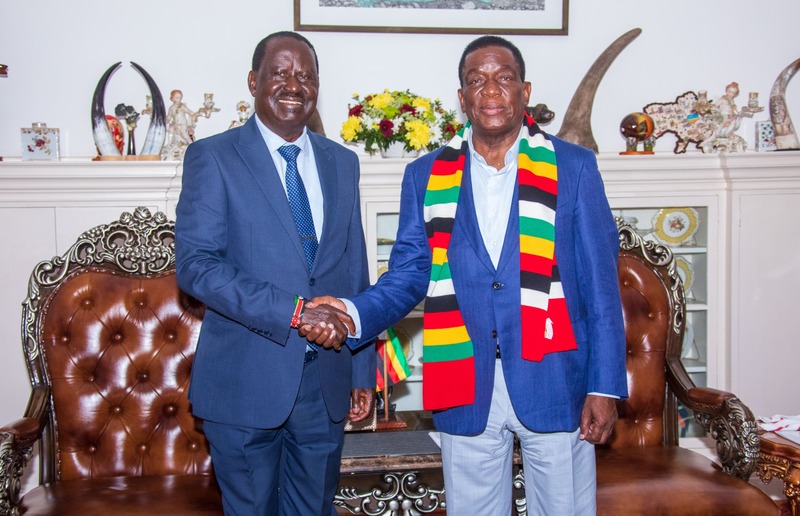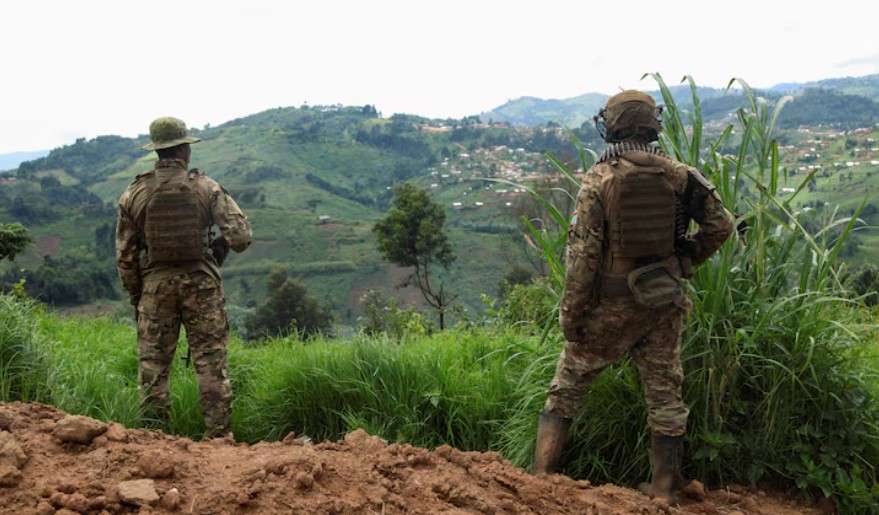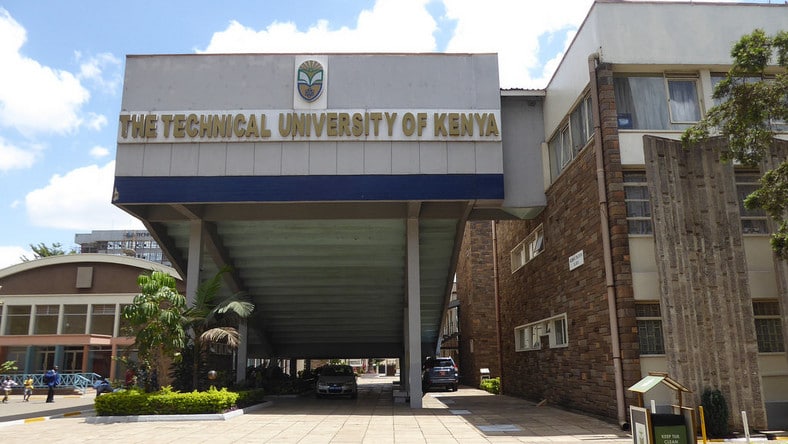Burdened by past hardships, Form Four candidates hope teachers will not go on strike
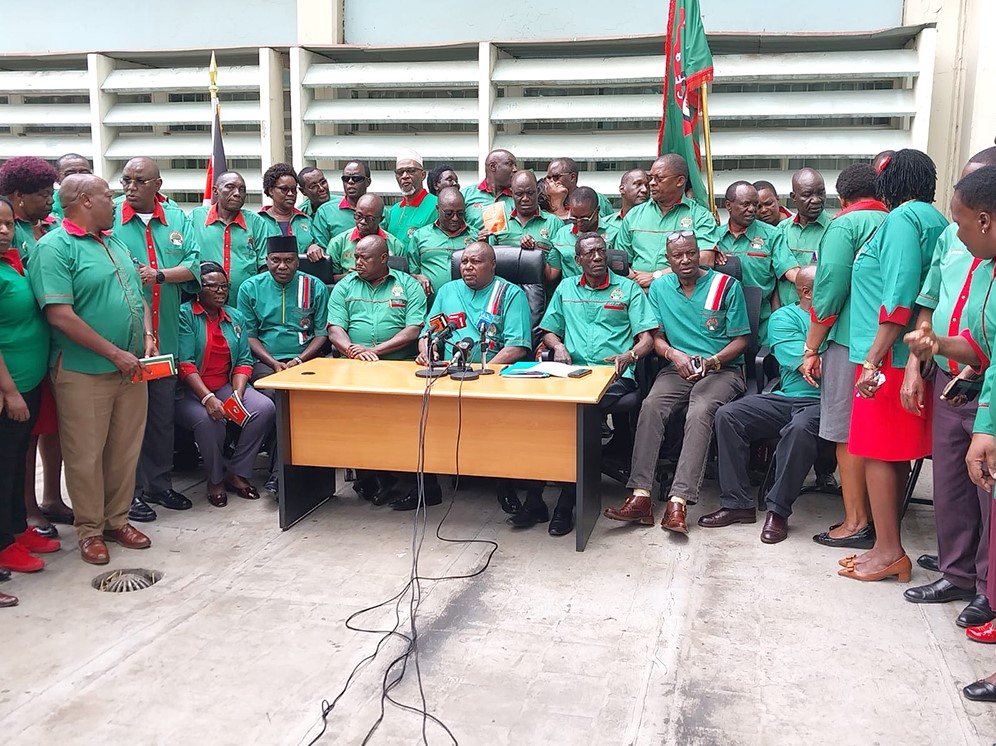
Their academic turmoil began with the unexpected onset of the COVID-19 pandemic in 2020, which forced schools across the country to close for months to curb its spread.
With the finish line in sight, this year's Form Four candidates are preparing to take their final national exams in just three months. However, their journey to this point has not been easy.
From the devastating impact of COVID-19 to the chaos of countrywide demonstrations and floods, this group of students have faced disruption after disruption as they progressed with schooling.
More To Read
- Orphaned girl from Garissa who beat odds to score A- in KCSE aims at becoming a medical doctor
- Historic shift as female candidates outnumber males for the first time in KCSE exams
- No student accessed KCSE exam papers before time, says KNEC CEO Njeng’ere
- How to access 2024 KCSE exam results online after official release
Now, the threat of a teachers' strike as they resume their last term in school could be the final obstacle in their tumultuous academic journey.
They've been called the 'pandemic generation,' yet the hurdles they have faced go far beyond Covid-19. Their academic turmoil began with the unexpected onset of the COVID-19 pandemic in 2020, which forced schools across the country to close for months to curb its spread.
The shutdown came less than two months before the start of the Kenya Certificate of Primary Education (KCPE) exams, affecting over one million candidates. Ironically, the current Form Four students were the same candidates affected by the pandemic-related shutdown.
While some students in urban areas had access to online classes, those in rural and marginalised regions were left in academic limbo, struggling to keep up with their studies.
“It was like the world stopped for a while. I remember that time I was in Class Eight and we were all at home, trying to study on our own for our final exams. Some of us, like me, didn't even have textbooks, or revision materials, let alone access to online classes. It was a really tough time,” says Silvia Nyokabi, a Form Four student at Kangaru Girls School in Embu.
The pandemic severely disrupted the academic calendar, leading to double national examinations in some years. Following the first case of COVID-19 in the country, former president Uhuru Kenyatta closed all schools for almost nine months.
To address the disruption, the then-Education Cabinet Secretary George Magoha introduced a revised school calendar in September 2020. The calendar saw schools reopen partially in October, with a compressed schedule that led to a condensed 2021 academic year from May to December.
“It was chaotic. We had longer days, and there were no breaks between terms. It felt like we were in prison. Before you could grasp one topic, a new one was introduced. We barely had any time to rest,” says Jane Muthoni, a Form Four student at Karatina Girls Secondary School.
When schools finally resumed normalcy in 2023, the challenges continued.
A protest against the high cost of living called by the opposition Azimio La Umoja prompted the closure of all-day primary and secondary schools in several counties including Nairobi, Mombasa and Kisumu.
Even though schools reopened a day after, the unrest created an atmosphere of uncertainty, making it difficult for students to focus on their studies.
As if the pandemic and demonstrations weren't enough, natural disasters in 2024 also disrupted learning.
The deadly floods that struck the country between April and May 2024 caused widespread suffering and destruction, significantly impacting communities and resulting in a bigger crisis, especially in the education sector.
Many residential areas were affected, resulting in the displacement of residents, and the destruction of buildings, with some schools being washed away.
Essential infrastructure such as latrines, roads, and bridges were also damaged or destroyed.
Twice in the second term, the reopening of schools was delayed. And as they prepared to open, another disaster awaited. At least 62 primary schools across Kenya were either submerged or destroyed by the floods. Over 20,000 toilet blocks were either completely submerged or severely damaged by the floodwaters, creating serious health risks for more than 1.5 million schoolchildren nationwide.
Just when things seemed to be settling, the anti-Finance Bill protests, which later advanced to anti-government demonstrations led by Gen Z happened. Many parents were hesitant to send their children to school, and some school administrations requested that students be withdrawn for their safety.
Several schools directed learners to stay home, and during the June half-term break, many boarding schools sent students home early as a precaution.
Despite being at home, students were not safe from the turmoil. For instance, Antony Macharia, a 17-year-old Form Four candidate at Isebania Secondary School in Kuria West was killed during the protests in Migori County. He was in Isebania town while purchasing school supplies.
Now, with only a few months left before the Kenya Certificate of Secondary Education (KCSE) exams, the looming threat of a teachers' strike casts a long shadow over the candidates’ hard-fought efforts.
Teachers' unions, the Kenya Union of Post-Primary Education Teachers (Kuppet) and the Kenya National Union of Teachers (Knut) have announced plans to strike on Monday, August 26.
The date coincides with the start of the third term.
Kuppet Secretary-General Akello Misori has said the strike is due to the government’s failure to allocate Sh13.3 billion for the second phase of the 2021-25 Collective Bargaining Agreement (CBA), which was negotiated, signed, and filed in court.
For Form Four candidates, this looming strike feels like an additional and painful obstacle, prompting them to ask, “Why does it always have to be us?”
“It’s only three months to our final exams. We’ve overcome so many challenges, and now this? Why does it always have to be us just when we are nearing the end?” Nyokabi wonders, her voice filled with frustration.
“The president needs to take action to prevent the strike. We can’t afford another setback at this crucial time.”
For Daniel Mutua, a student at Kithimani Secondary School in Machakos County, the strike threat makes him feel like his lot is always the one paying the price.
“I really hope the government finds a way to resolve this before it’s too late,” he says.
“The stress of revising for exams, coupled with the worry of a teachers' strike delaying my high school journey is overwhelming. If the issue is not addressed now, it may never be. The government needs to take our education seriously and ensure that we’re not hindered by these constant disruptions,” says another student.
Form Four candidates are expected to sit their KCSE examinations from November 4 to November 22, 2024.
Trending
